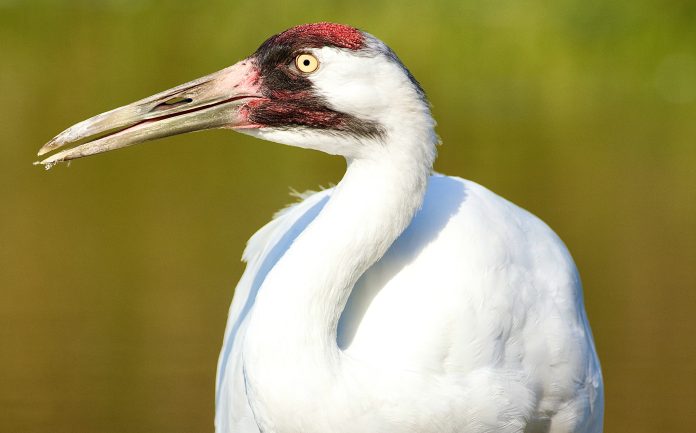
$15,000 Reward Offered For Information On The Illegal Shooting Of An Endangered Whooping Crane In Louisiana
You can help all animals and our planet by choosing compassion on your plate and in your glass. #GoVeg

You can help all animals and our planet by choosing compassion on your plate and in your glass. #GoVeg